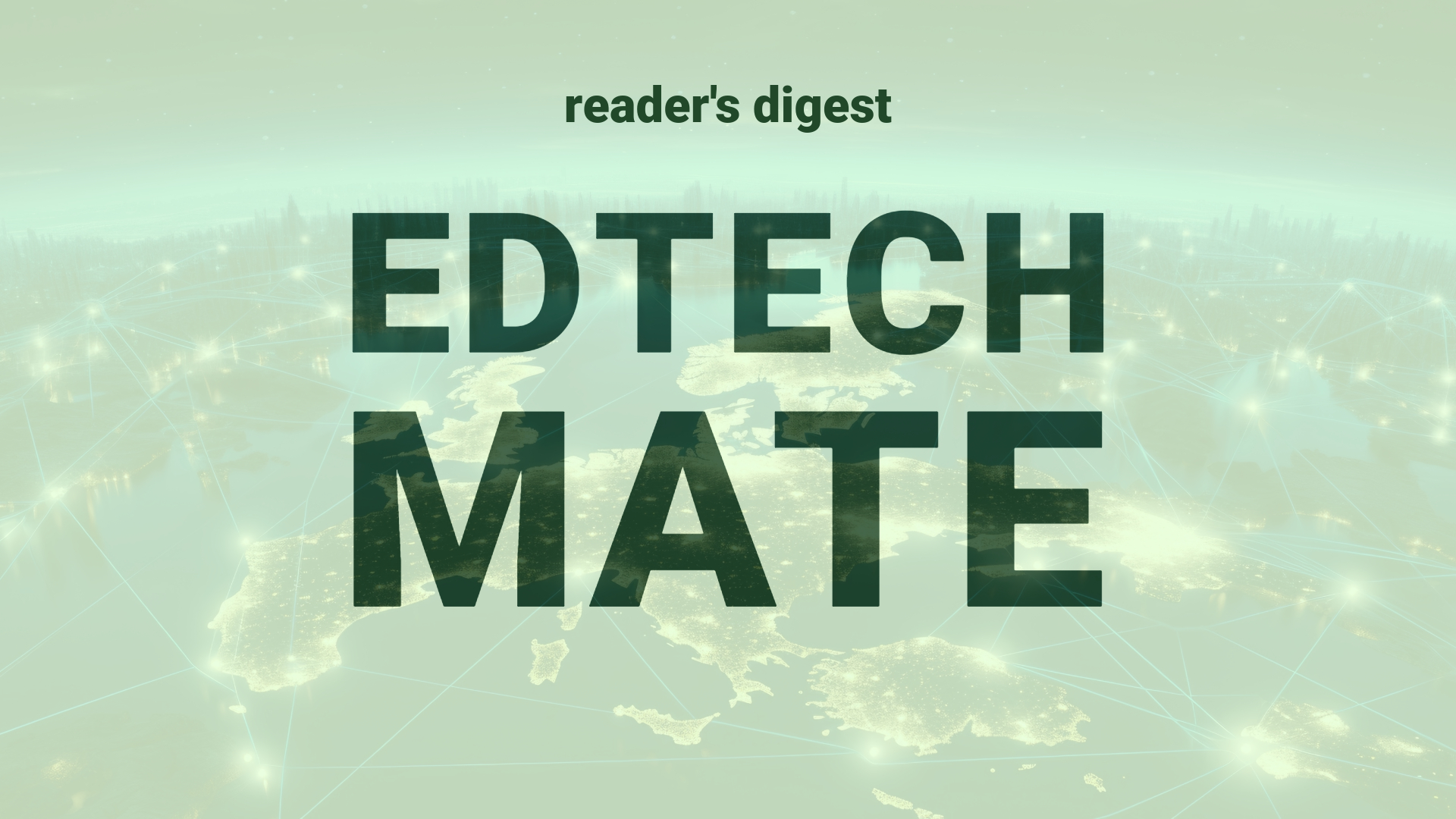“`html
Executive Summary and Main Points
The education technology news focuses on Deutsche Telekom’s strategic move to enhance its SAP infrastructure by migrating and consolidating over 300 systems onto SAP’s managed software offering, Rise with SAP. This process, facilitated by T-Systems, a Deutsche Telekom subsidiary, is aimed at transitioning to a more adaptable and predictive planning model to aid in the swift deployment of services such as 5G networks. Notably, the movement involves a shift from traditional ERP platforms like ECC to the more sophisticated S/4HANA, coinciding with the goal of achieving climate neutrality by reducing carbon emissions through technologically advanced features such as SAP’s green ledger.
Potential Impact in the Education Sector
The shift seen in Deutsche Telekom is indicative of the broader trend towards digital transformation within the education sector. Further Education and Higher Education can leverage such ERP modernization to streamline operations and utilize AI-driven analytics for predictive planning, enhancing student services. Micro-credentials could benefit from more robust and agile data management systems, with Rise with SAP exemplifying cutting-edge capability for handling complex, distributed learning records. Strategic partnerships with technology providers could empower educational institutions with tools to become more sustainable and data-driven.
Potential Applicability in the Education Sector
The adoption of AI and advanced ERP systems such as SAP’s Rise with SAP has various innovative applications within global education systems. It can facilitate a unification of academic and administrative systems, thus offering a seamless interaction for students and educators. More importantly, AI-driven insights could lead to personalized learning paths and improved student retention strategies. Moreover, the integration of sustainability reporting tools, akin to the green ledger, could help educational institutions devise more eco-friendly operations aligning with global energy efficiency, and sustainability goals.
Criticism and Potential Shortfalls
While the modernization of ERP systems heralds significant benefits, there are potential challenges too. Disruptions due to system migration can lead to operational delays, and significant business process modernization is required to realize the full potential of the technology. Critically, educational institutions must consider the ethical and cultural implications of AI and predictive analytics, which, if not managed responsibly, could perpetuate bias or infringe on privacy. International case studies have shown that success depends greatly on the cultural context and the institution’s readiness for digital change.
Actionable Recommendations
For educational leadership looking to implement technological advancements such as those highlighted by Deutsche Telekom’s digital transformation, it is recommended to first conduct thorough readiness assessments and engage stakeholders throughout the process. Strategic insights include adopting a phased approach for ERP system migration, investing in training for IT personnel and educators dealing with new systems, and establishing ethical guidelines for AI use. Furthermore, fostering collaborations with technology partners that have strong sustainability credentials can aid in achieving broader environmental and social goals.
“`
Source article: https://www.cio.com/article/2073791/deutsche-telekom-calls-on-sap-for-rise-all-in-one-offer.html

